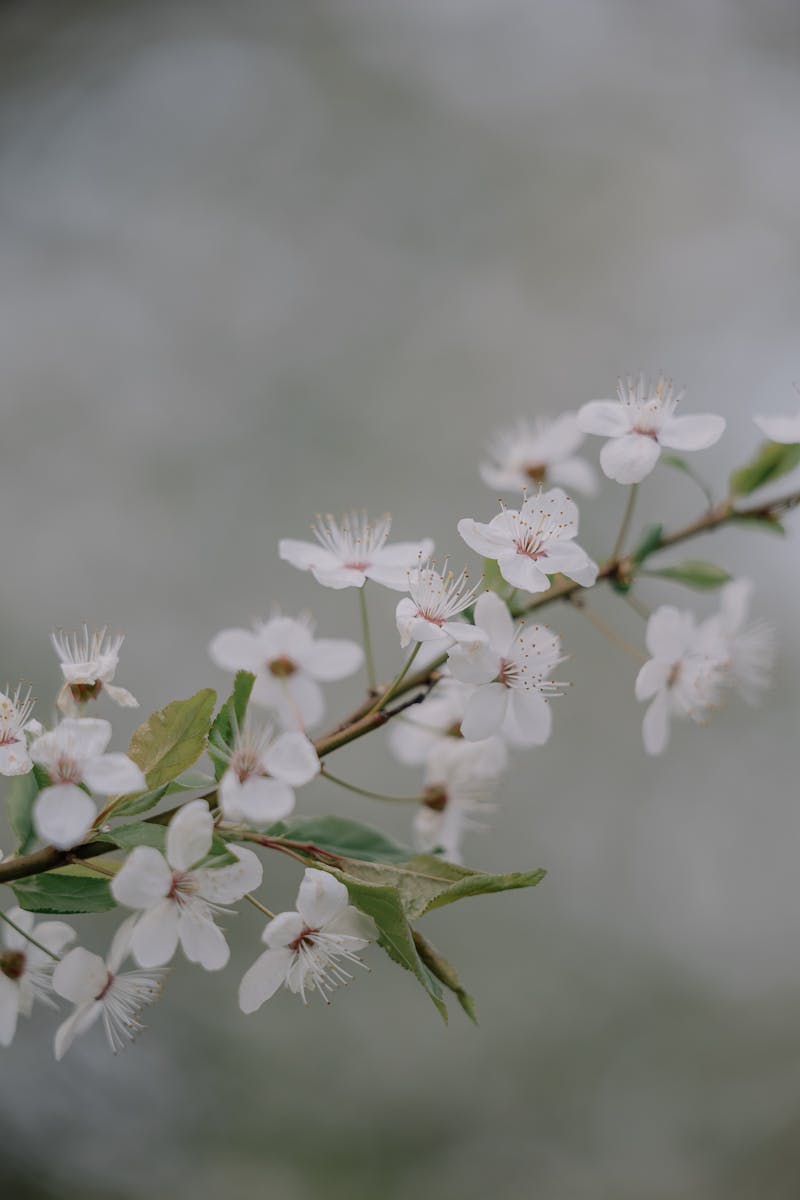Understanding Virginia’s Allergen Forecast: A Monthly Guide
Comprehensive Allergy Tips: Understanding Virginia’s Allergen Forecast with a Monthly Guide to Manage Symptoms and Stay Healthy Through Seasonal Changes in Virginia’s Allergen Levels
Allergy Tips: Navigating Allergens in Virginia
Allergies can significantly impact your daily life, especially for those living in Virginia, where seasonal allergens can fluctuate dramatically. Understanding Virginia’s Allergen Forecast: A Monthly Guide is crucial for individuals and families looking to minimize exposure to allergens and improve their overall well-being. This guide provides insights into the types of allergens prevalent each month, helping residents stay informed and prepared.
Common Allergens in Virginia
Virginia’s diverse climate contributes to a variety of allergens. Some of the most common culprits include:
- Pollen from trees, grasses, and weeds
- Mold spores, particularly in damp areas
- Dust mites, which thrive in indoor environments
- Pet dander from household animals
By knowing when these allergens are most prevalent, you can take proactive measures to mitigate their effects.
Understanding Virginia’s Allergen Forecast: A Monthly Guide
One of the most effective ways to manage allergies is by utilizing the Understanding Virginia’s Allergen Forecast: A Monthly Guide. This resource provides detailed predictions of allergen levels throughout the year, allowing you to plan your activities accordingly. For instance, if tree pollen is expected to peak in April, individuals with tree pollen allergies can take precautionary steps, such as staying indoors on high pollen days or using air purifiers.
Strategic Tips for Allergy Management
Here are some practical allergy tips to help you navigate your daily life while minimizing exposure to allergens:
- Check the allergen forecast regularly, particularly during peak seasons.
- Limit outdoor activities on high pollen days, especially in the early morning.
- Keep windows closed and use air conditioning to filter indoor air.
- Shower and change clothes after spending time outdoors to remove allergens.
- Consider protective measures, such as wearing sunglasses and masks during high pollen counts.
Indoor Allergy Management
Indoor environments can also harbor numerous allergens. Implementing these allergy tips can greatly improve your indoor air quality:
- Regularly clean and vacuum your home, focusing on carpets and upholstery.
- Use hypoallergenic bedding to reduce dust mite exposure.
- Keep humidity levels below 50% to prevent mold growth.
- Invest in high-efficiency particulate air (HEPA) filters for your HVAC system.
Consulting with Allergists and Healthcare Professionals
For individuals experiencing severe or persistent allergy symptoms, consulting with allergists or healthcare professionals is recommended. They can provide tailored advice and treatment options, including allergy testing and immunotherapy. Understanding Virginia’s Allergen Forecast: A Monthly Guide can enhance discussions with your healthcare provider, allowing for more effective management of your allergies.
Stay Informed and Empowered
Staying informed about allergen levels is essential for effective allergy management. By utilizing tools such as the Understanding Virginia’s Allergen Forecast: A Monthly Guide, residents can empower themselves to make informed decisions regarding their health. Knowledge is a powerful ally in the fight against allergies, and taking the initiative to educate yourself can lead to significant improvements in quality of life.
By implementing these allergy tips and utilizing the available resources, you can take control of your allergies. Stay proactive, informed, and ready to enjoy all that Virginia has to offer, even during peak allergy seasons.
Keywords: allergy tips, Virginia allergen forecast, seasonal allergies, allergy relief, pollen count, Virginia wellness hub, allergy symptoms, allergy prevention, monthly allergen guide, environmental allergens, allergy management, local allergen updates, allergy awareness, Virginia health resources, allergy advice
news via inbox
Stay Connected
Specializing in:








